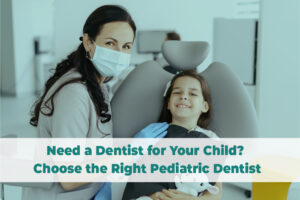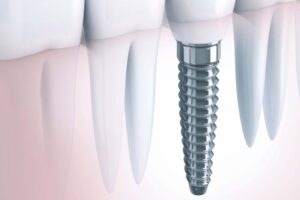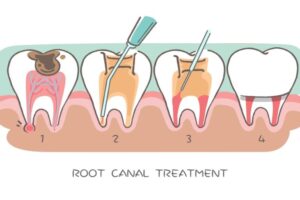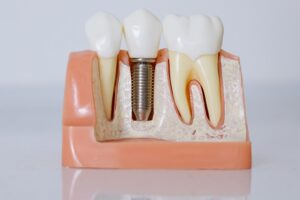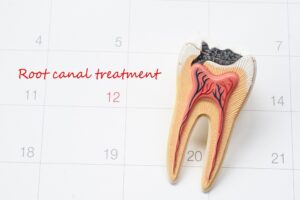Indeed, adequate water intake is beneficial for oral hygiene. Drinking enough water helps maintain a healthy environment in the mouth and supports overall oral health in the following ways:
Saliva Production: Water is essential for saliva production, which plays a crucial role in oral health. Saliva does away with all the food particles, acids, and bacteria that can accumulate on the teeth and gums. It also neutralizes acids that can cause tooth decay.
Preventing Dry Mouth: Dehydration can lead to dry mouth, a medical condition where the mouth fails to produce the required amount of saliva. A dry mouth tends to raise the bar for cavity risks and gum disease as saliva is not present to rinse away debris and neutralize harmful acids.
Fluoride Distribution: Many municipal water supplies contain fluoride, which aids in strengthening tooth enamel and protecting against tooth decay. Drinking fluoridated water can contribute to the remineralization of teeth, making them more resistant to acid attacks.
Reducing Bad Breath: Adequate water intake can help reduce bad breath by flushing away odor-causing bacteria and food particles that can accumulate in the mouth.
Oral Tissue Health: Water is essential for keeping oral tissues, inclusive of the mucous membranes and gums, hydrated and healthy. Hydrated tissues are less prone to irritation and inflammation.
Assisting in Chewing and Swallowing: Water aids in chewing and swallowing food. Proper chewing helps break down food particles, making it easier for saliva to rinse them and initiate digestion.
Minimizing Staining: Drinking water, especially after consuming stain-causing foods and beverages, can help reduce the buildup of staining agents on the teeth, such as coffee or tea.
To maintain good oral hygiene, an ideal quantity of water intake is recommended. While water is beneficial, following a comprehensive oral hygiene routine is essential, including regular brushing, flossing, and visits to the nearest dental clinic for check-ups and cleanings.


